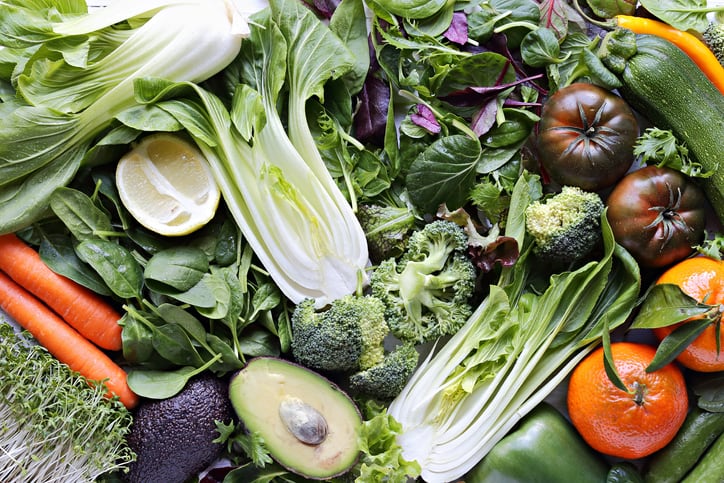Ireland-based food safety and nutrition organisation Safefood looked at the nutritional content of 354 ready-to-eat and main meal vegetarian, plant-based meat substitutes available in supermarkets on the island of Ireland between 28 April and 26 May 2020.
While most were lower in calories, fat and saturated fat, most had lower protein than their meat equivalents and their salt levels were similar or higher. One in 4 did not contain enough protein to be considered a source of protein.
The products included meat-free burgers, steaks, mince, meatballs, nuggets, sausages and fish substitutes. Also included were falafels and other bean and pulse-based products, and vegetarian products such as cheese grills and melts.
Items contained proteins from a number of ingredient sources including mycoprotein, soy, pea, beans, chickpeas, lentils, peas, mushrooms, tempeh, quinoa and tofu.
The products surveyed were highly processed and contained multiple ingredients, including ingredients added for flavour and texture, the report said.
EU nutrient labelling rules state that if the percentage of energy that comes from protein is between 12 and 19.9% the product can claim to be a source of protein. If the percentage of energy that comes from protein is 20% or greater the product can claim to be high in protein.
The protein content of the products surveyed ranged from 0.9 to 30.6 g per 100g (average 10.7g per 100g). Almost 1 in 4 of the products sampled were a source of protein (where the percentage of energy from protein ranged from 12-19.9%) while 49% (173 products) were high in protein (where the percentage of energy from protein was over 20%). This meant that one quarter (28%) of the products surveyed were not a source of or high in protein. As such, the report told consumers to be aware of this if relying on these foods as a protein source.
The protein content varied both within each category and across the categories sampled. Half of the products made a protein-related claim, 39 products (11%) made a claim they were a source of protein and 139 products (39%) claimed they were high in protein.
The majority (80%) of the products were a source of fibre, meaning they contained at least 3g of fibre per 100g. But according to the report, this is because these products had added carbohydrates unlike their equivalent meat products, which do not contain fibre in their natural form.
Out of the 354 products, 27 provided data on micronutrients. Iron was the most commonly listed micronutrient (on 6% of products) followed by B12 (on 4% of products).
How do the vegetarian plant-based meat substitutes compare with their meat equivalents?
- A comparison of the range of plant-based meat substitutes surveyed illustrates that they are different from their meat equivalents.
- Most plant-based meat substitutes are lower in energy, total and saturated fat than their meat equivalents.
- Plant-based meat substitutes are usually a source of fibre and carbohydrates while their meat equivalents are generally not (exceptions being chicken in breadcrumbs/cod in breadcrumbs and sausage rolls, which contain added carbohydrates).
- Plant-based meat substitutes tend to have less protein than their meat equivalents, but this varies depending on the category of substitutes.
- Salt levels tend to be either similar or higher in plant-based meat substitutes than in meat equivalents.
Source: Safefood
Why is this significant?
According to Safefood, the protein content of meat alternatives is significant because its survey revealed one third of Irish consumers reported eating meat substitutes – with one third doing so for reasons of health. For those consumers who reported eating plant-based meat substitutes, 48% of said they eat them once a week or more.
With its plant-based meat-substitutes survey identifying a range in nutritional quality, the group advised consumers to read labels and look for products containing sources of protein when possible.
“The aim of our research was to understand how these products compared nutritionally so that we could give people information to help them make a more informed choice when shopping. We did this because we know that more than one in three adults on the island of Ireland eat vegan or vegetarian versions of burgers, sausages, chicken, etc. Among those who eat them, approximately 40% said they eat them once a week or more frequently," a spokesperson told FoodNavigator.
"Our research found that these products are a bit of a mixed bag – one in four of the more than 350 products we surveyed were not a source of, or high in protein. There are some positives to these products; some are lower in fat and saturated fat than their meat equivalents while others are a source of fibre. But, if people are considering these as a protein replacement, safefood would encourage them to check the label and look for products that are a source of protein and lower in saturated fat, sugar and salt.”





